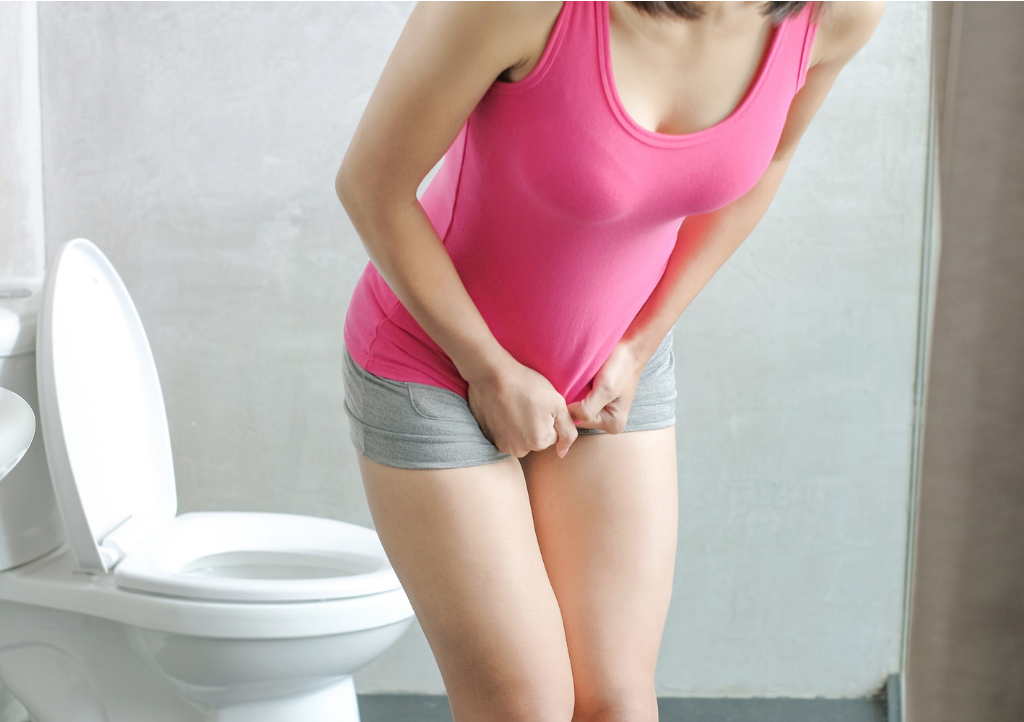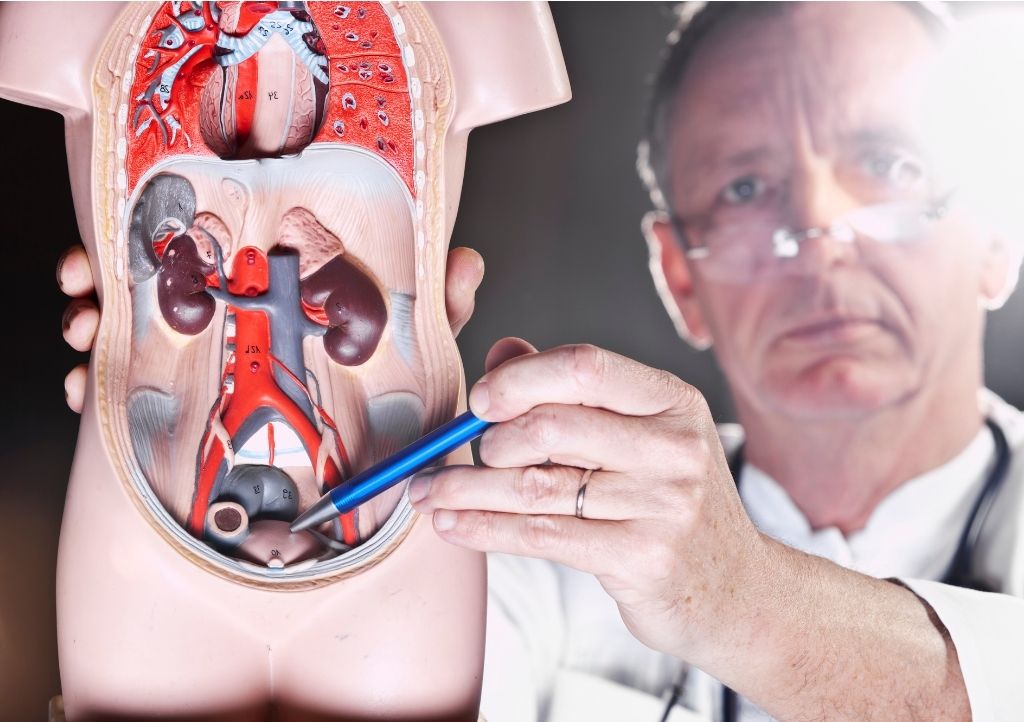November is Bladder Health Month
The Urology Care Foundation and the American Urological Association (AUA), together with the Bladder Health Alliance are drawing on the month of November as a vital reminder to get the facts about common bladder health problems and to encourage the public to take an active role in managing their bladder health.
Each day, millions of Americans struggle with the impacts of bladder conditions and diseases such as urinary incontinence, overactive and underactive bladder, interstitial cystitis, urinary tract infections, nocturia, bladder cancer, urotrauma and neurogenic bladder. These can impact an individual’s health, quality of life, and result in significant health costs.
Why Bladder Health Is Important
- About 13 million Americans have incontinence
- 33 million Americans are dealing with Overactive Bladder (OAB)
- As many as 12 million Americans may have Interstitial Cystitis

Bladder Health Tips
While bladder health is not often top of mind, there are ways to keep your bladder healthier year-round. Below are a number of tips to help keep your bladder in good shape.
1.
Drink plenty of water
- Strive to drink 6 to 8 cups of water each day
- Cut down on the amount of caffeine and alcohol you drink – these may upset your bladder
Limit your intake of coffee, tea or cola as these can heighten bladder activity and lead to leakage
2.
Use good bathroom habits
• It is normal to go to the bathroom 4 to 8 times a day and no more than twice a night
• Women should sit to go to the toilet – they should not hover over the toilet seat
• Take your time when on the toilet so that your bladder can empty – if you rush, and do not empty your bladder fully, over time, you could get a bladder infection
3.
Stay away from foods that bother the bladder
Some foods can worsen incontinence. Skip foods like chocolate (also a source of caffeine), as well as spicy or acidic foods like tomatoes and citrus fruits
4.
Look after your pelvic floor muscles
Keep your pelvic floor muscles strong with pelvic floor muscle training
5.
Stop smoking
• It is of great value to stop smoking for your bladder health – using tobacco is a major cause of bladder cancer
• Cigarette smokers are two to three times more likely to be told they have bladder cancer, than nonsmokers
6.
Speak freely
Tell your healthcare provider about your symptoms. You may feel embarrassed; but keep in mind, your healthcare provider is used to hearing about all kinds of problems. They are very common and there are a number of treatments available.
The Function of the Bladder
The bladder is a very important part of the urinary system, which also includes the kidneys, ureters, and urethra. The bladder has two roles – to store urine and to empty urine. With an overactive bladder and urinary incontinence, the functions of storing urine and emptying urine are not as effective and can cause strong sudden urges to go to the bathroom as well as cause leakage.
As we get older, the bladder changes and the elastic bladder tissue becomes less stretchy. When this happens the bladder cannot hold as much urine as before, which may make you go to the bathroom more often. Furthermore, the bladder wall and pelvic floor muscles tend to become weak, making it harder to empty the bladder fully and causing urine to leak.
Signs of a bladder problem can include trouble holding urine, waking up several times during the night to urinate, sudden need to urinate, burning before or during urinating, and cloudy or bloody urine. Call us if you have any questions or concerns!
